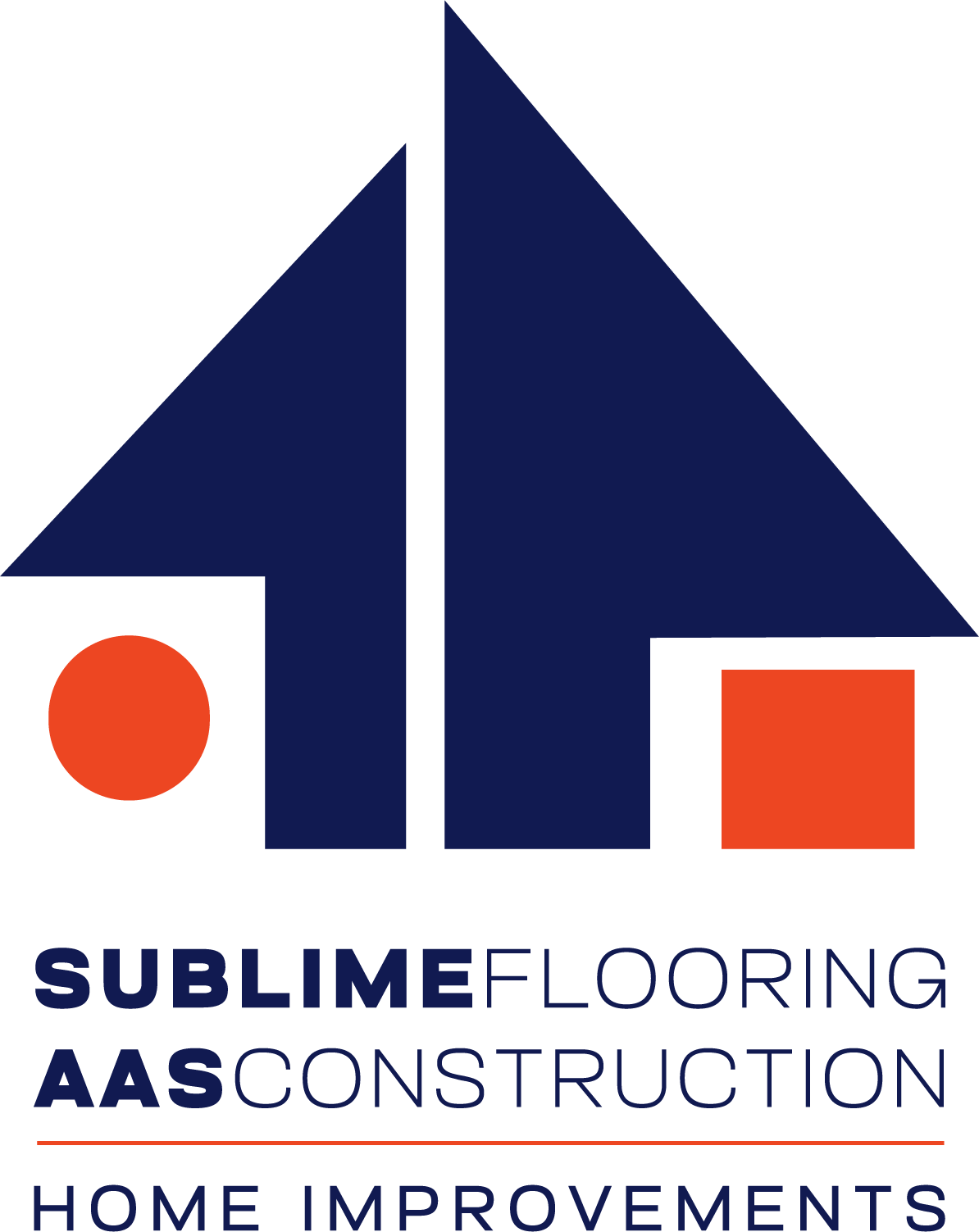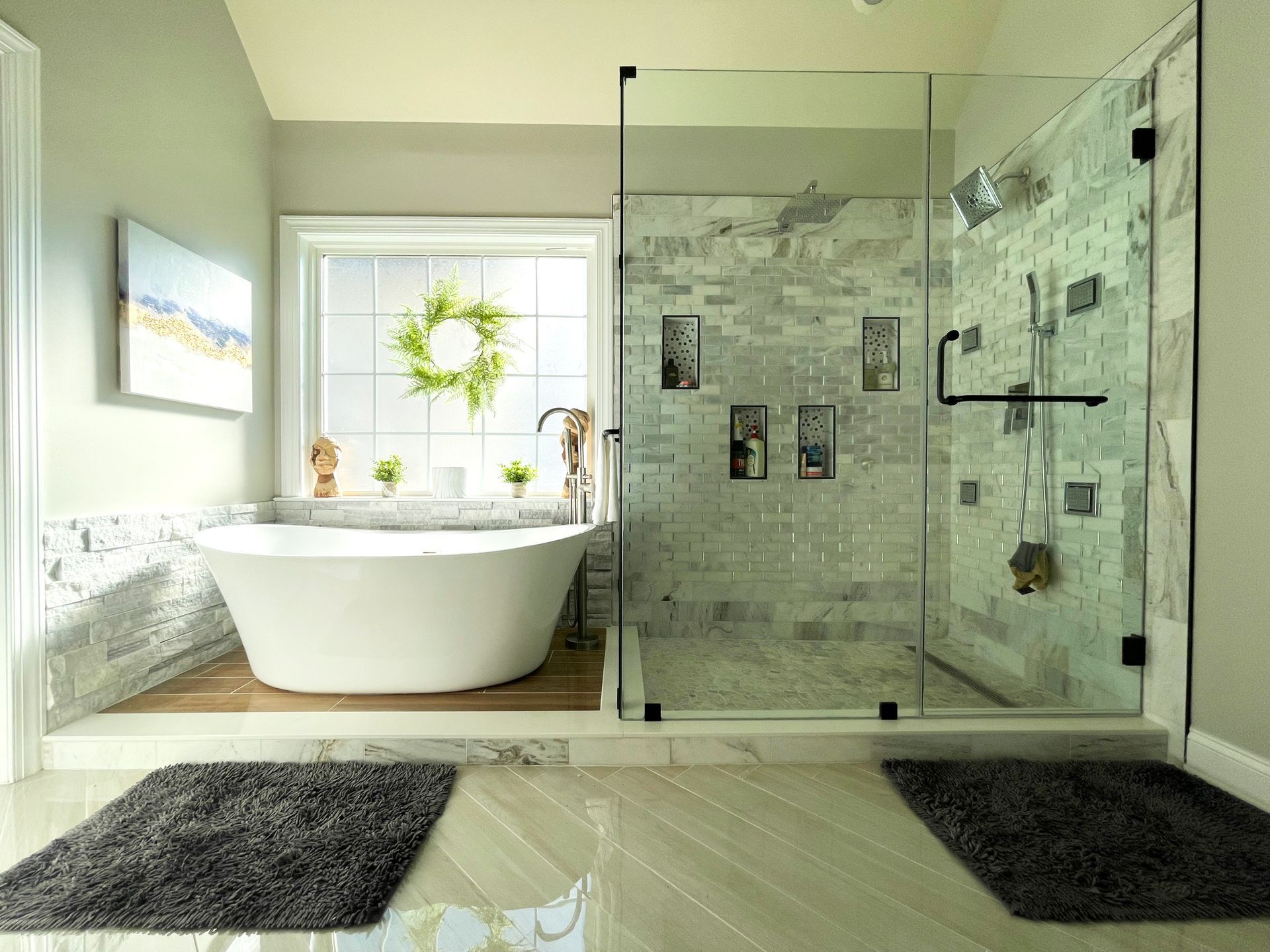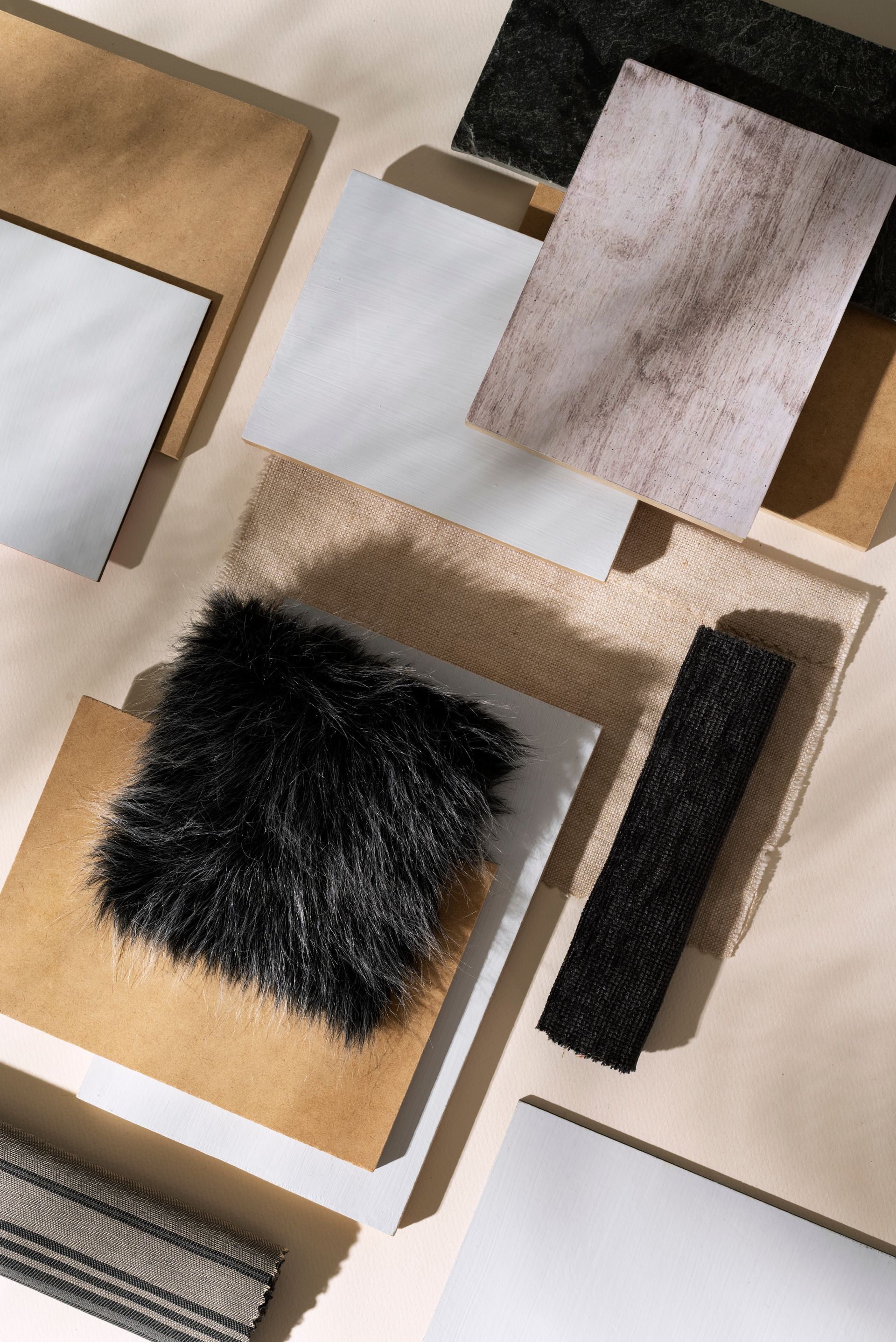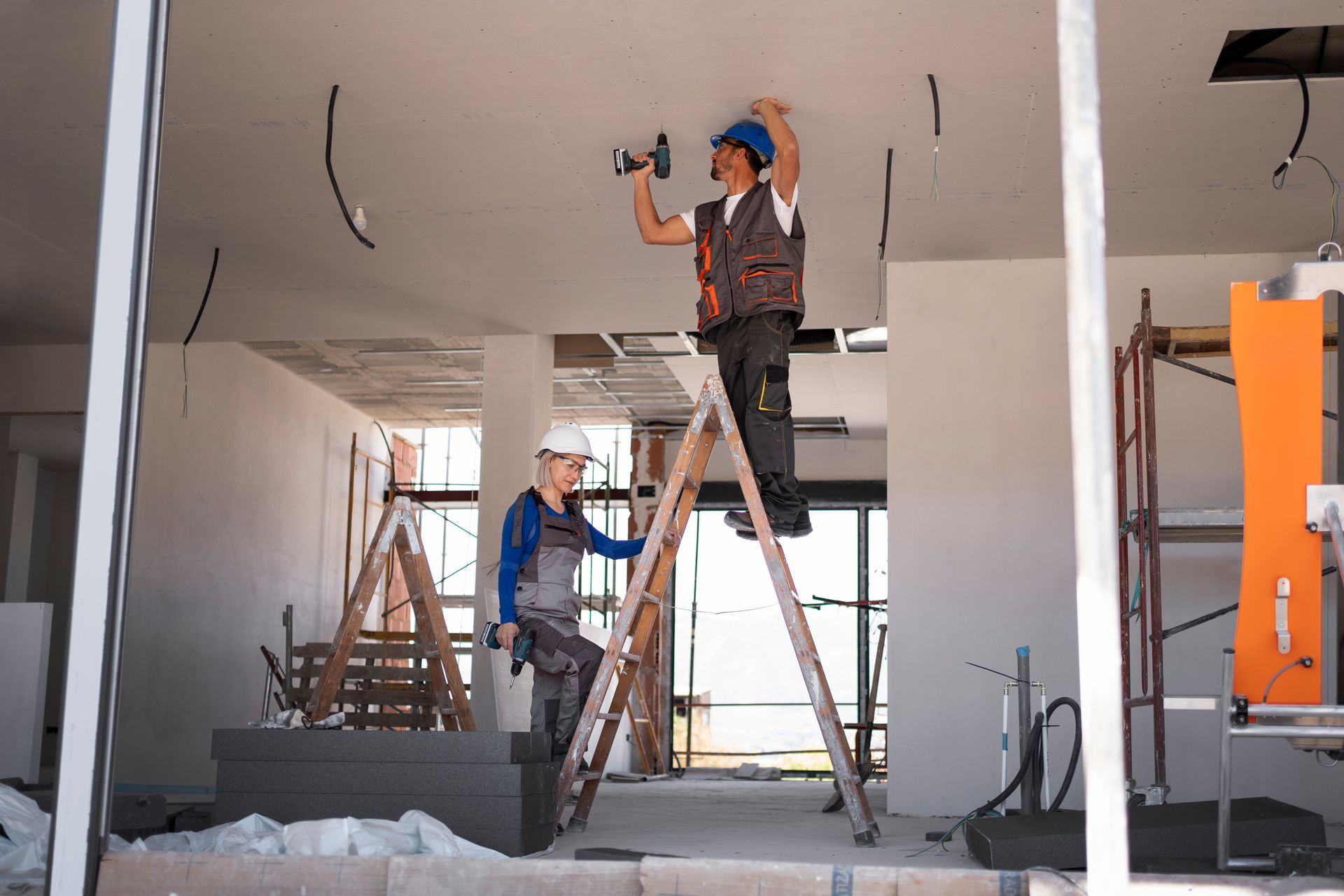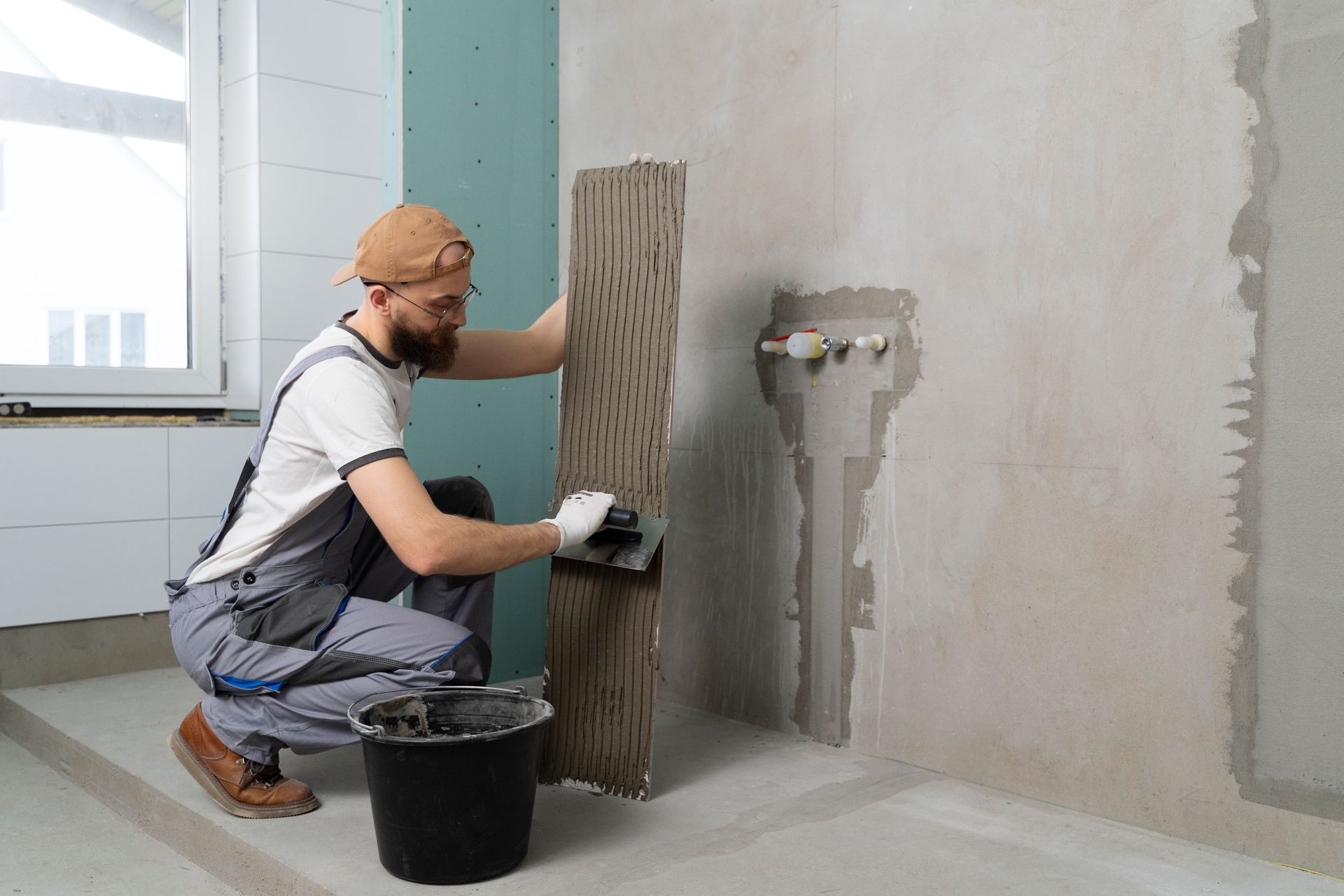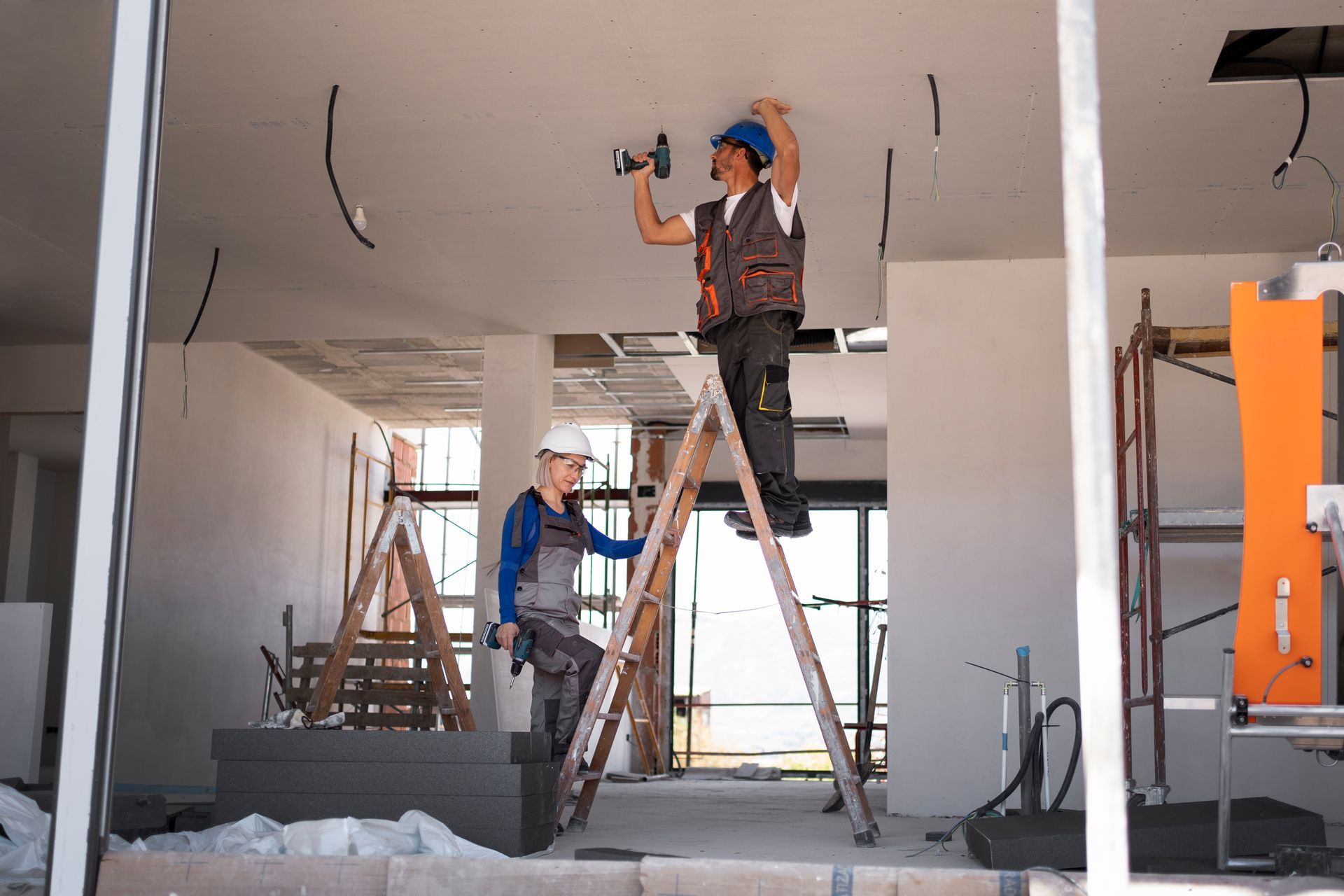Sustainable Home Improvements: Eco-Friendly Remodeling Tips for a Greener Home
As environmental awareness grows, more homeowners are seeking sustainable solutions for their remodelling projects. Implementing eco-friendly practices not only benefits the planet but also enhances your home’s efficiency and value. At Sublime Home Improvements, we are committed to helping you achieve a greener home. In this blog, we’ll explore sustainable home improvement tips to make your remodeling project environmentally friendly.
Energy-Efficient Upgrades
1. Insulation and Windows
Proper insulation and energy-efficient windows are essential for reducing energy consumption. High-quality insulation keeps your home warm in winter and cool in summer, lowering heating and cooling costs. Energy-efficient windows, such as double or triple-pane glass, prevent heat loss and improve indoor comfort.
2. Appliances and Lighting
Upgrading to energy-efficient appliances and LED lighting can significantly reduce your energy usage. Look for appliances with the Energy Star label, which meet strict efficiency guidelines. LED lighting consumes less power and lasts longer than traditional bulbs, making it a cost-effective and eco-friendly choice.
Sustainable Materials
1. Recycled and Reclaimed Materials
Incorporating recycled and reclaimed materials into your remodeling project reduces waste and conserves resources. Reclaimed wood, recycled glass tiles, and repurposed bricks add unique character to your home while promoting sustainability.
2. Bamboo and Cork
Bamboo and cork are renewable resources that make excellent flooring and cabinetry materials. Bamboo grows quickly and regenerates without replanting, while cork is harvested from the bark of cork oak trees, allowing the tree to continue growing. Both materials are durable, stylish, and eco-friendly.
Water Conservation
1. Low-Flow Fixtures
Installing low-flow faucets, showerheads, and toilets can significantly reduce water consumption without sacrificing performance. These fixtures use advanced technology to maintain water pressure while using less water, helping you save on utility bills.
2. Rainwater Harvesting
Consider implementing a rainwater harvesting system to collect and reuse rainwater for landscaping and irrigation. Rainwater harvesting reduces your reliance on municipal water supplies and promotes sustainable water management.
Solar Energy Solutions
1. Solar Panels
Investing in solar panels is a powerful way to reduce your carbon footprint and lower energy costs. Solar panels convert sunlight into electricity, providing a renewable energy source for your home. Many regions offer incentives and tax credits for solar panel installation, making it a viable and cost-effective option.
2. Solar Water Heaters
Solar water heaters use solar energy to heat water for your home, reducing the need for conventional water heaters. These systems are efficient and environmentally friendly, providing hot water while minimizing energy consumption.
Indoor Air Quality
1. Eco-Friendly Paints
Traditional paints can release volatile organic compounds (VOCs) into the air, affecting indoor air quality. Choose eco-friendly, low-VOC or VOC-free paints for your remodelling project. These paints are better for your health and the environment, offering vibrant colours without harmful emissions.
2. Natural Ventilation
Improve indoor air quality by incorporating natural ventilation into your home’s design. Strategically placed windows, vents, and skylights can promote airflow and reduce the need for mechanical ventilation. Natural ventilation also enhances comfort and reduces energy usage.
Green Landscaping
1. Native Plants
Incorporate native plants into your landscaping to create a sustainable and low-maintenance garden. Native plants are adapted to the local climate and soil conditions, requiring less water and fewer chemical inputs. They also support local wildlife and promote biodiversity.
2. Permeable Paving
Permeable paving materials, such as permeable concrete, gravel, or pavers, allow water to infiltrate the ground, reducing runoff and promoting groundwater recharge. Permeable paving is ideal for driveways, walkways, and patios, enhancing the sustainability of your outdoor spaces.
Waste Reduction
1. Recycling and Repurposing
During a remodeling project, recycle and repurpose materials whenever possible to minimize waste. Donate usable items to local charities or repurpose them for new projects. Recycling construction debris, such as metal, wood, and concrete, reduces landfill waste and conserves resources.
2. Efficient Construction Practices
Choose contractors who prioritize efficient construction practices and waste management. Efficient practices include minimizing material waste, using recycled materials, and implementing waste reduction strategies. Collaborating with eco-conscious contractors ensures a more sustainable remodelling process.
Sustainable home improvements are an investment in your home’s future and the planet’s well-being. By incorporating energy-efficient upgrades, using sustainable materials, and implementing eco-friendly practices, you can create a greener, more efficient home. At Sublime Home Improvements, we are dedicated to helping you achieve your sustainability goals with expert craftsmanship and personalized service.
Ready to make your home more sustainable? Contact Sublime Home Improvements today to schedule a consultation and start planning your eco-friendly remodeling project. Visit us at https://www.sublimehi.com/ to get started.
